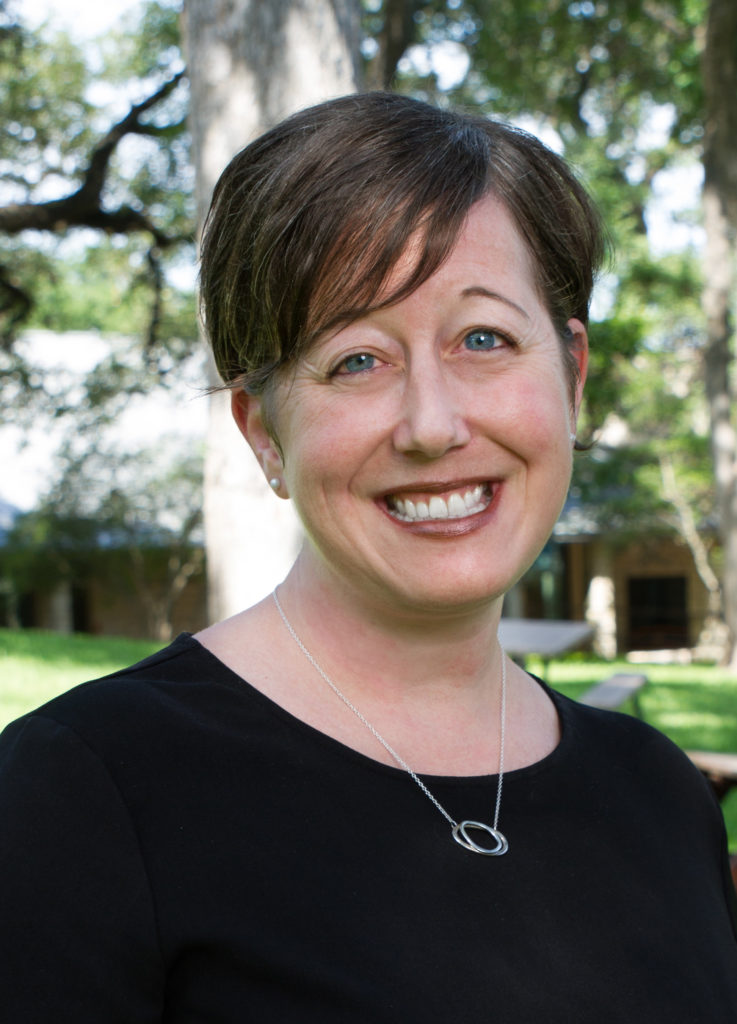As I entered my neighborhood gym this morning, I was immediately greeted by a young brunette who unexpectedly ran up and hugged me. We attend the same church and as we chatted, catching up, I mentioned looking for a good podcast to listen to and her face lit up. “Did you hear this week’s episode of On Being?”
Forty-five minutes later, I had finished with the treadmill and was sitting in my car with tears running down, drinking in the last few words of Ruby Sales and her unique integration of empathy and theology.
A Theology that’s Relational
Ruby Sales is a nationally-recognized civil rights leader and public theologian. As a black teenager in the 1960’s, she tells the story of participating in a protest in Alabama and being jailed with some of her fellow protesters, including a white, twenty-six year old Episcopal seminarian named Jonathan Daniels. Upon their release from jail, the group waited near the courthouse for a ride. The group got thirsty waiting, and went to purchase sodas at a nearby shop. A white man stood blocking the door with a gun. When he pointed the barrel at seventeen year old Ruby, Jonathan Daniels stepped in front of her, shielding her, and was fatally shot.
Ruby Sales went on to attend the same seminary, that Daniels had attended: the Episcopal Theological School (now Episcopal Divinity School).
In the years since, she’s dedicated herself to crafting and teaching a theology that’s relational — that “weaves together the ‘I’ with the ‘We’ and the ‘We’ with the ‘I’.
She voices the hope that this type of theology would start with the question, “Where does it hurt?” Sales maintains that by listening to how people respond, we learn how to love one another, and she believes that type of theology has something meaningful to offer the “white person in Massachusetts who’s heroin-addicted” and the “45-year old person in Appalachia… who feels like they’ve been eradicated”.
Integrating Psychology and Theology
As a theological educator and professional counselor, I am floored by what Sales calls “relational theology”. It’s a theology that offers us a way of understanding God, scripture, and the Christian life, through the lens of relationships. I also see power in an empathic psychology that takes into account the spiritual nature of human beings — and invites God’s spirit to be active in our lives and relationships. Listening to the interview with Ruby Sales moved me on multiple levels this morning. It also connected me again to the fundamental reason I believe in what we are doing here at the graduate counseling program at the Seminary of the Southwest.
We are actively integrating the wisdom of psychology with theology.
In our classes and conversations, we are actively exploring and discovering what psychology can teach us about the day to day functioning human beings. We’re also exploring the insights of theology and what it can teach us about God, the spirit and the nature of human beings. It’s a mutual, reciprocal relationship.
I believe the dance between the two disciplines both deepens and enhances our ability to suffer with those who suffer, and work together to bring about necessary systemic changes for the common good.



